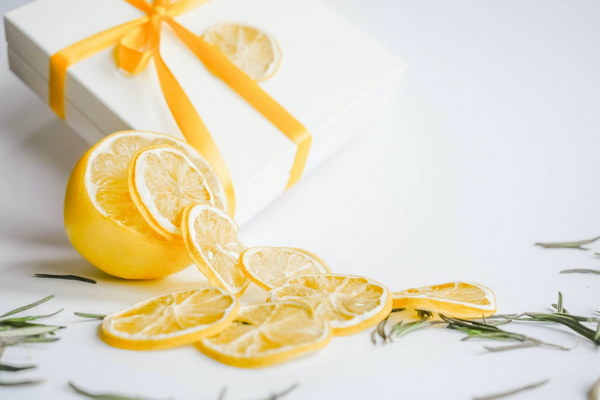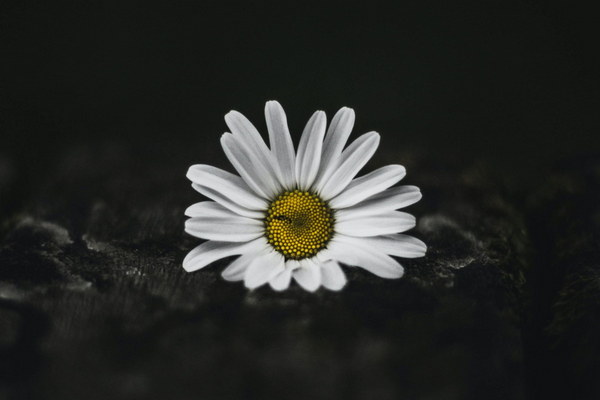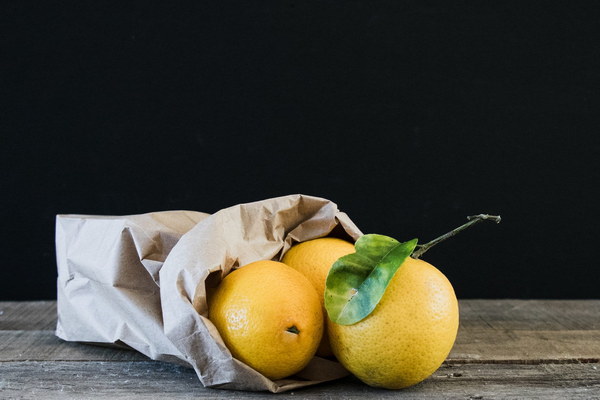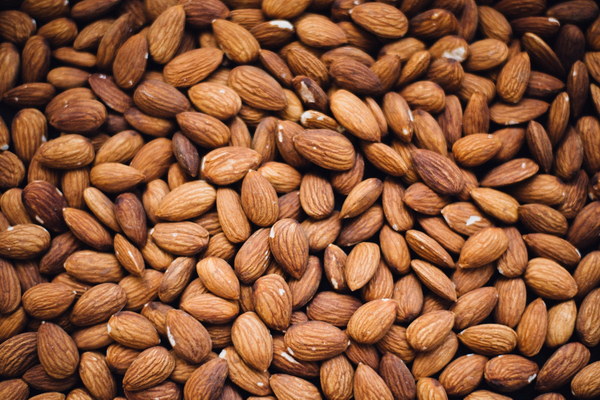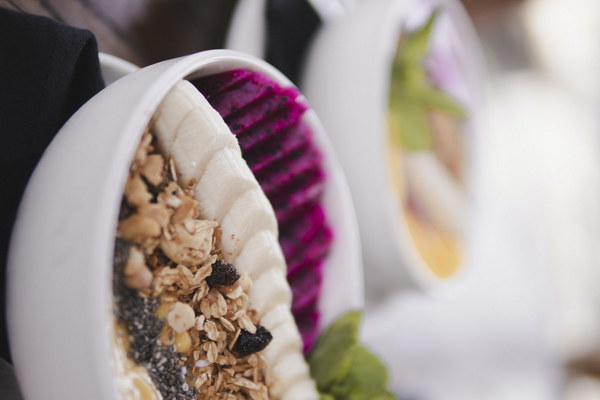Nature's Remedies Exploring Common Herbs for Dampness Relief
Dampness, a concept deeply rooted in traditional Chinese medicine, refers to the accumulation of dampness in the body, which can lead to a variety of health issues such as fatigue, weight gain, and joint pain. While modern medicine may not fully recognize the concept of dampness, many people have found relief through the use of natural herbs. In this article, we will explore some of the most common herbs used in traditional Chinese medicine to alleviate dampness.
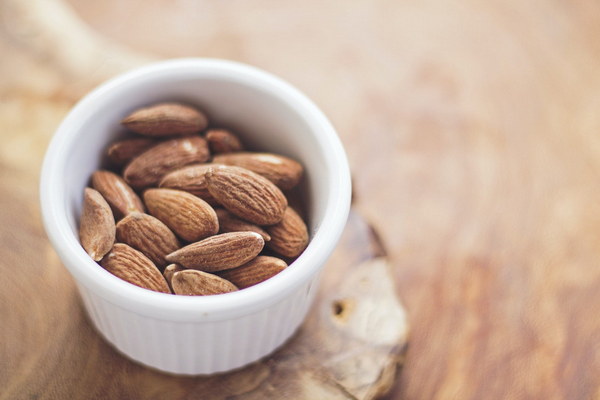
1. Astragalus (Huang Qi)
Astragalus, also known as Huang Qi, is a well-known herb in traditional Chinese medicine. It has been used for centuries to boost the immune system and eliminate dampness. This herb is believed to have a warming effect on the body, which helps to expel dampness and improve overall energy levels. Astragalus can be taken in various forms, including as a decoction, powder, or in supplement form.
2. Poria (Fu Ling)
Poria, or Fu Ling, is a mushroom-like herb that is commonly used in traditional Chinese medicine to relieve dampness. It is believed to have a sweet and neutral taste, making it suitable for balancing the body's Yin and Yang energies. Poria is often used in combination with other herbs to treat a variety of dampness-related issues, such as edema, joint pain, and fatigue.
3. Atractylodes (Cang Zhu)
Atractylodes, or Cang Zhu, is another popular herb used in traditional Chinese medicine for dampness relief. This herb is known for its ability to warm the middle burner, which helps to transform dampness into damp-heat. Atractylodes is often used in combination with other herbs, such as Poria and Licorice, to address dampness-related health issues.
4. Licorice (Gan Cao)
Licorice, or Gan Cao, is a versatile herb that is often used in traditional Chinese medicine to harmonize other herbs and enhance their effects. It has a sweet and slightly bitter taste, and is believed to have a balancing effect on the body's Yin and Yang energies. Licorice is often used in combination with other herbs, such as Atractylodes and Poria, to treat dampness-related health issues.
5. Codonopsis (Dang Shen)
Codonopsis, or Dang Shen, is a root herb that is commonly used in traditional Chinese medicine to boost energy and improve overall health. It is believed to have a sweet and slightly bitter taste, and is often used in combination with other herbs to address dampness-related issues, such as fatigue and weakness. Codonopsis is also known for its ability to enhance the immune system and improve mental clarity.
While the concept of dampness may not be widely recognized in modern medicine, many people have found relief through the use of these traditional herbs. It is important to note that the use of these herbs should be done under the guidance of a qualified healthcare professional, as some may have contraindications or interact with certain medications.
In conclusion, traditional Chinese medicine offers a wealth of knowledge and remedies for dampness relief. Herbs such as Astragalus, Poria, Atractylodes, Licorice, and Codonopsis have been used for centuries to address dampness-related health issues. By incorporating these natural remedies into one's wellness routine, individuals may find relief from the symptoms associated with dampness and enjoy improved overall health and well-being.

